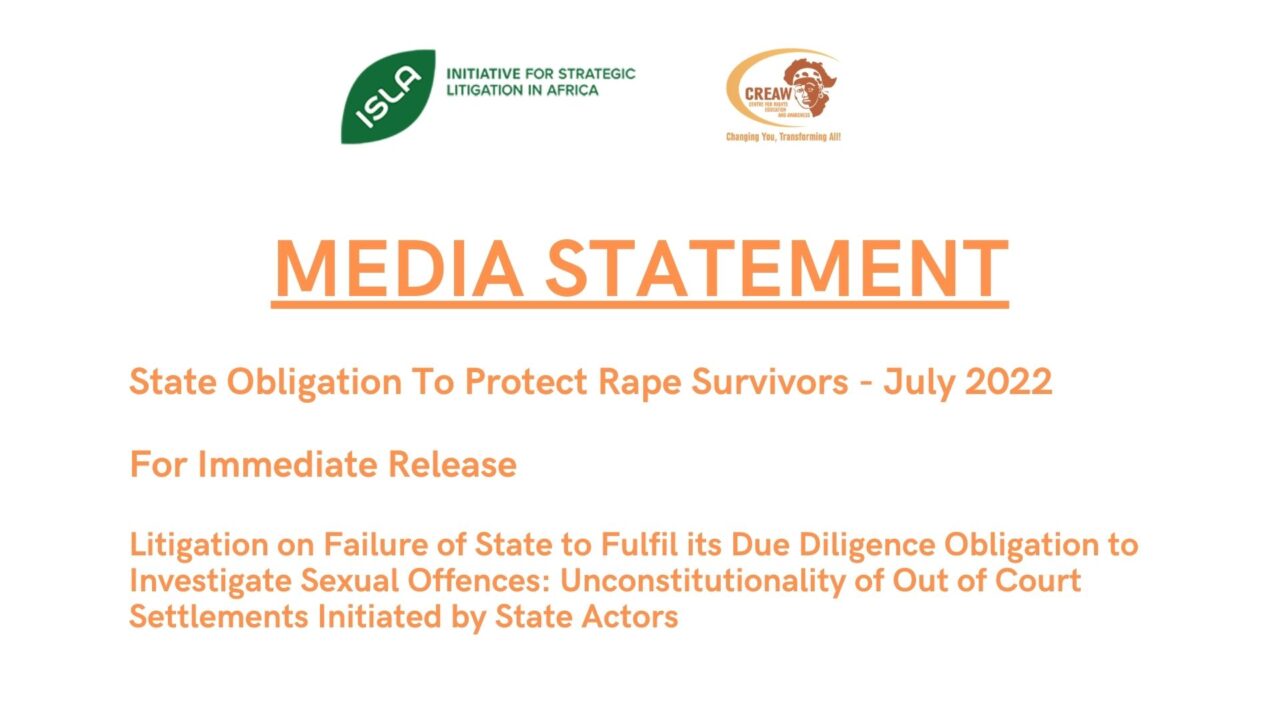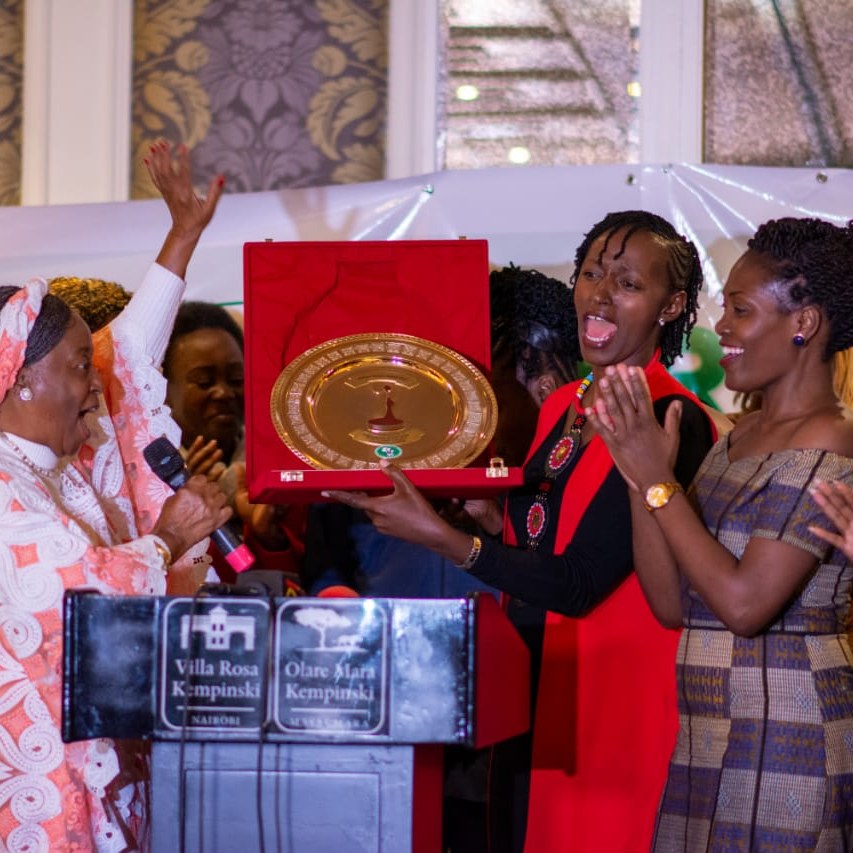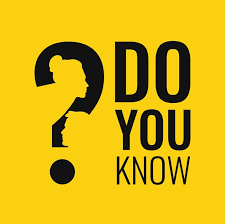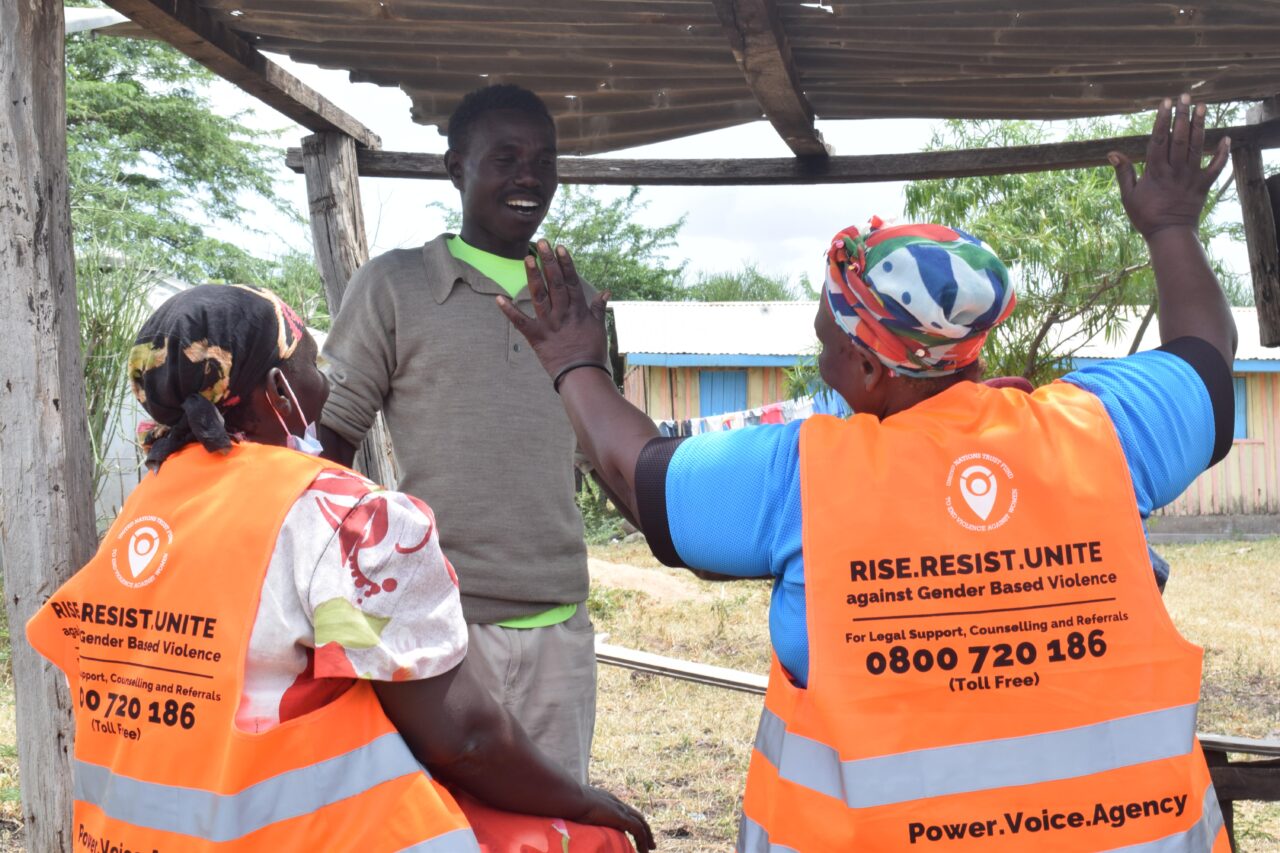
MEDIA STATEMENTState Obligation To Protect Rape Survivors – July 2022
For Immediate ReleaseLitigation on Failure of State to Fulfil its Due Diligence Obligation to Investigate Sexual Offences: Unconstitutionality of Out of Court Settlements Initiated by State ActorsNairobi, KenyaYesterday, 5th July 2022, the Centre for Rights Education & Awareness (CREAW) and IW, a rape survivor, appeared before the Constitutional and Human Rights Division of the High Court of Kenya, HCCHR PET E416/2021 – IW & Centre for Rights Education & Awareness (CREAW) vs the Attorney General, Inspector General of Police and others. The complainants seek to hold the state accountable for the failure to fulfil its obligations to investigate, prosecute and punish perpetrators of violence against women. In particular, this case seeks to address a common but understated challenge in the criminal justice system where survivors of sexual violence are not adequately supported by state agents but coerced into entering into settlement agreements with perpetrators. This case seeks to create a wider social impact in the criminal justice system in Kenya where out of court settlements in cases of gender- based violence are rampant. Of specific concern is the role that State actors such as the police play in propagating these out of court settlements which empower perpetrators of violence and leave the victim/survivor grappling with the aftermath of the violence. This creates a culture of rape and impunity in the society. In our submissions, we set out the core components of an effective investigation and standards the role of the police in protecting victims of violence in the criminal justice system. We submitted that the investigation by the police in this case did not meet the threshold for a proper investigation. In response to the Attorney General’s argument that the Inspector General of Police cannot be held liable for the actions of the investigating officer, we argued that the Inspector General of Police can be held accountable for the actions of the police officers who act in their capacity as a police officer and employees of the National Police Service.The judgment will be issued on 17th November 2022 before Hon. Justice Mrima.
The applicants were represented by Winfred Odali who is an alumni of ISLA’s Feminist Litigation Network. The Initiative for Strategic Litigation in Africa (ISLA) is acting as advisor to counsel. ISLA’s Feminist Litigation Network (FLN) aims to develop a pool of African feminist strategic litigators. ISLA achieves this by investing in partner organisations and a raft of capacity strengthening activities such as the strategic litigation institute. She works as a Strategic Litigation Advocate in CREAW where she is steadily developing a portfolio of cases to hold the state accountable for the failure to protect women from violence, among others. This was her maiden appearance before the Constitutional Division.Join the conversation on social media by following:#EndImpunityforVAW#EndVAW For further enquiries kindly contact:Sibongile NdasheISLA Acting Litigation DirectorSibongile@the-isla.org
Winfred OdaliCREAW Strategic Litigation AdvocateWinfred.Odali@creawkenya.org






 “My passion to speak about GBV since I was trained by CREAW has accorded me a platform to speak during chief barazas about the effects GBV has on the development of the community and this has inspired me to speak about prevention of GBV at every chance I get. I am now very important in my community and I have earned the title GBV woman (mama wa GBV)” Shares Margaret from Nyamira county.
“My passion to speak about GBV since I was trained by CREAW has accorded me a platform to speak during chief barazas about the effects GBV has on the development of the community and this has inspired me to speak about prevention of GBV at every chance I get. I am now very important in my community and I have earned the title GBV woman (mama wa GBV)” Shares Margaret from Nyamira county.

 Through his continuous engagement and active participation in the meetings, is when it dawned on him that he had not been supportive enough to his wife and children. Unfortunately, he would sometimes spend the little money he made as a boda boda operator in consuming alcohol.
Through his continuous engagement and active participation in the meetings, is when it dawned on him that he had not been supportive enough to his wife and children. Unfortunately, he would sometimes spend the little money he made as a boda boda operator in consuming alcohol.





 Speaking during the event, CREAW’s Executive Director Wangechi Wachira, emphasised the need for continuous collaborations amongst stakeholders, to push for economic justice for women in their places of work.
Speaking during the event, CREAW’s Executive Director Wangechi Wachira, emphasised the need for continuous collaborations amongst stakeholders, to push for economic justice for women in their places of work.

 The function was held at the William Ole Ntimama stadium and brought together different stakeholders among them Members of County Assembly, women groups, government officials, Non-Governmental organizations and religious leaders.
The function was held at the William Ole Ntimama stadium and brought together different stakeholders among them Members of County Assembly, women groups, government officials, Non-Governmental organizations and religious leaders.
